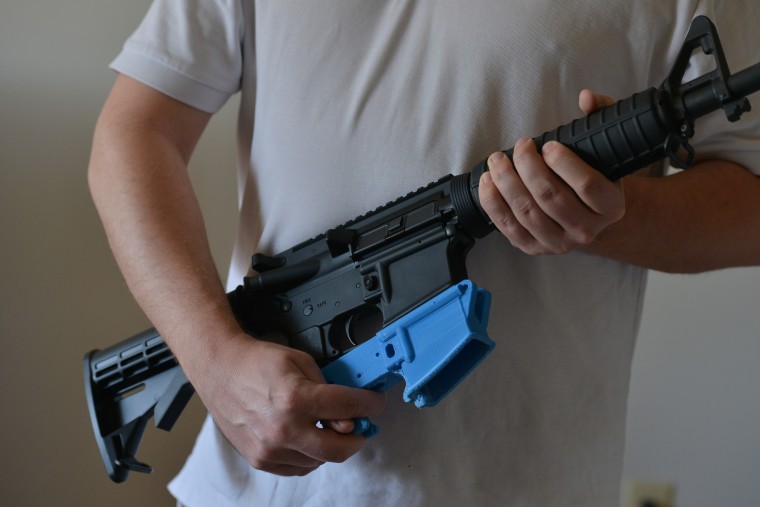The House on Monday passed a bill to extend a law banning plastic weapons and undetectable firearms in the United States for another decade.
The Undetectable Firearms Act of 1988, passed amid growing concern that gun makers produced the weapons to bypass security measures in public buildings, would have expired by Dec. 9 if Congress failed to act.
The bill bans weapons that are not detectable by metal detectors after removal of grips, stocks, and magazines. It also prohibits weapons that do not generate accurate X-ray images.
The Senate's eventual vote could extend the 25-year ban on manufacturing, importing, selling, shipping, and receiving the firearms in this country.
New York Sen. Chuck Schumer belongs to a group of senators who will attempt to add language to close a so-called loophole that would bar gun makers from adding a removable piece of metal to the weapon.
The vote came after recent technological advances enabled 3D industrial printers to produce guns made entirely of plastic.
Additionally, last month marked the 20th anniversary of the government's signing of the Brady Bill. Jim Brady, the then-press secretary to former President Ronald Reagan, was shot and seriously wounded in 1981 during an assassination attempt on the commander-in-chief. Brady consequently joined the fight for sensible gun-control laws and established the Brady Campaign to Prevent Gun Violence.
The Brady Bill, which requires a five-day waiting period and background checks on handgun purchases, was signed into law on Nov. 20, 1993 after a seven-year battle to gain support.
A month before the one-year mark of the tragedy in Newtown, Conn., gun-control advocates and activists lobbied on Capitol Hill to urge Congress to resurface the gun debate and "finish the job" started by the Brady Campaign on background checks.
